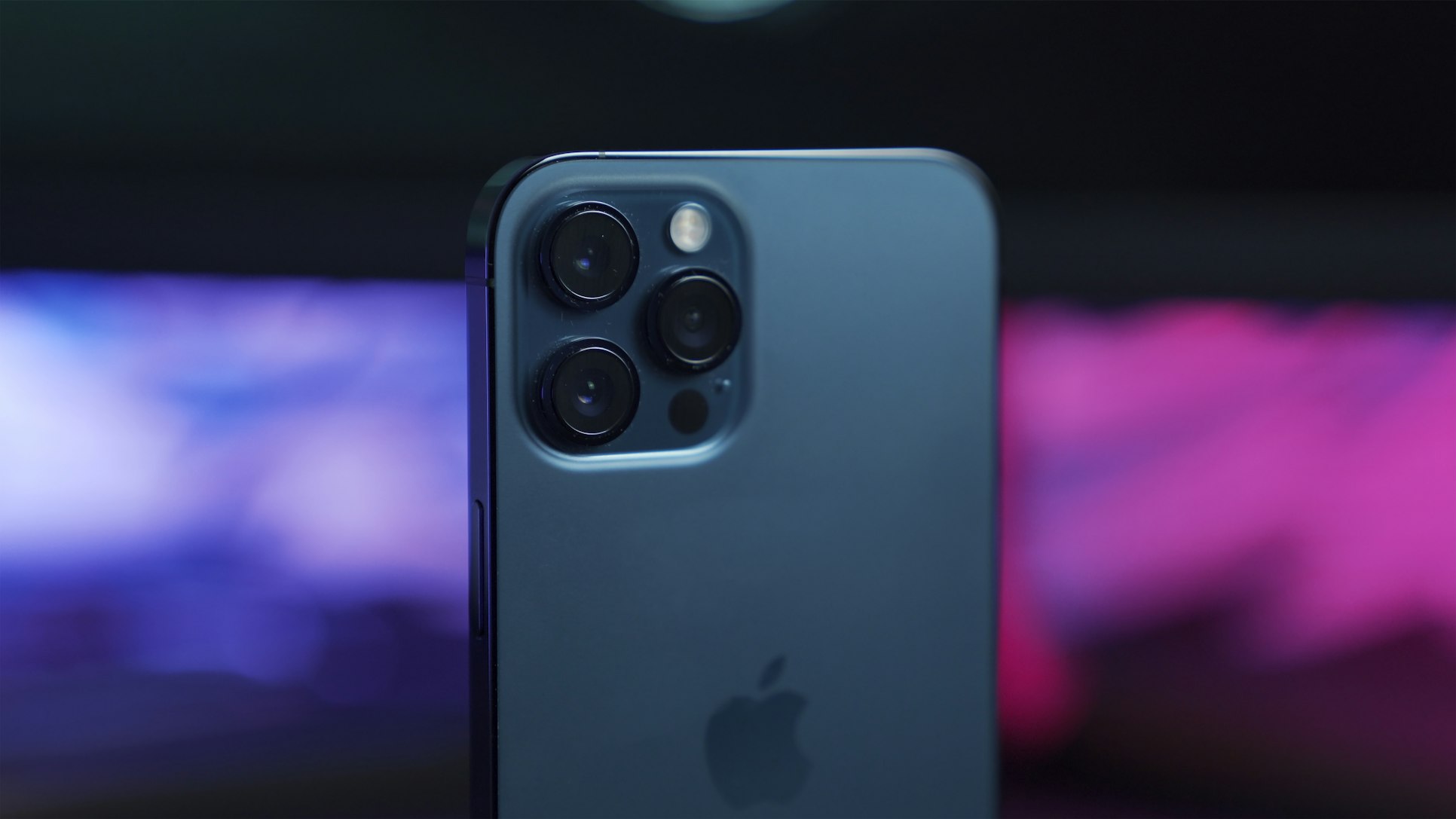Inside Apple’s plan to replace Qualcomm and Broadcom chips

Apple is working to replace Qualcomm’s cellular modems and Broadcom’s networking chips with its own in-house technology, starting with the C1 modem in the iPhone 16e earlier this year. The company’s first step in this journey is to take control of the chips used in its devices.
The C1 modem, while efficient, doesn’t support 5G mmWave and some wavelengths used by Qualcomm modems. It’s set to appear in the iPhone 17 Air, where its efficiency will be beneficial due to the device’s thin form factor. Apple described the C1 as “the most power-efficient modem ever on an iPhone, delivering fast and reliable 5G cellular connectivity.”
Apple is already developing future modems, with the C2 modem, codenamed Ganymede, expected to debut in the iPhone 18 lineup in 2026. According to Bloomberg’s Mark Gurman, the C2 will match Qualcomm’s performance by supporting mmWave, achieving download speeds of 6 gigabits per second, and enabling six-carrier aggregation when using Sub-6 and eight-carrier aggregation when using mmWave.
The C3 modem, codenamed Prometheus, is planned for 2027 alongside the iPhone 19 lineup. Gurman states that it will surpass Qualcomm’s performance and include artificial intelligence features, as well as support for next-generation satellite networks.
In addition to replacing Qualcomm‘s modems, Apple is also working to replace Broadcom’s networking chips. The new networking chip, codenamed Proxima, is expected to debut this year in refreshed HomePod mini and Apple TV models, and will support the Wi-Fi 6E standard. Analyst Ming-Chi Kuo suggests it will appear in the entire iPhone 17 lineup, enhancing connectivity and reducing costs.
Apple is considering bringing cellular support to MacBooks as early as 2026, thanks to its new in-house modems. The company also plans to integrate its cellular modems into the main Apple Silicon chipset, potentially by 2028, which could provide cost and efficiency benefits.
According to Gurman, this integration would combine the functionality of the current A18 chip and separate C1 chip into one package. The move is expected to bring various benefits, including improved efficiency and reduced costs.
